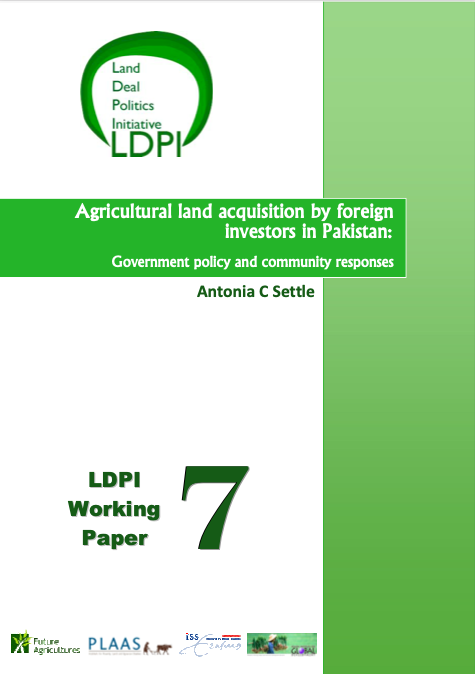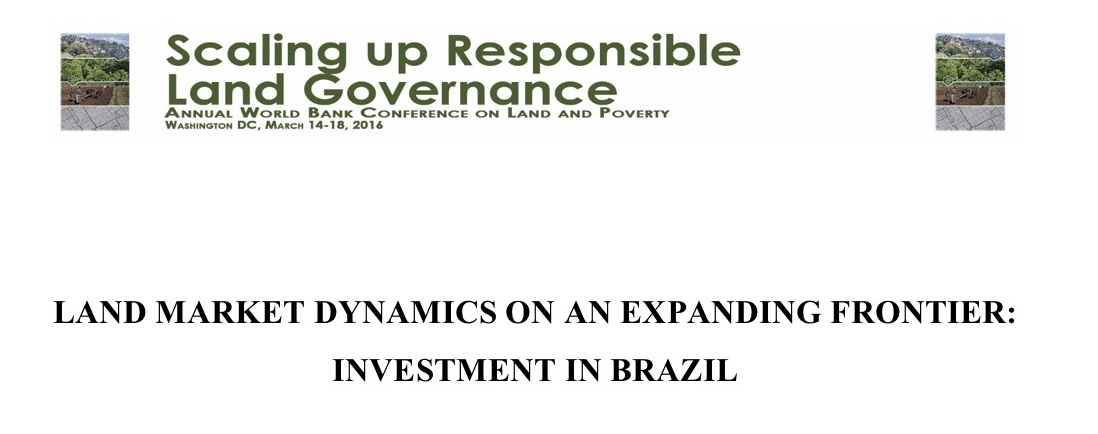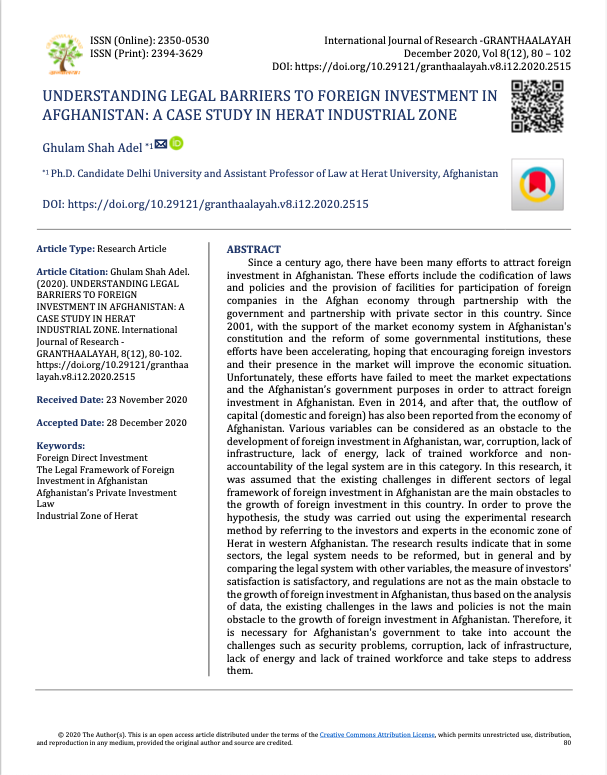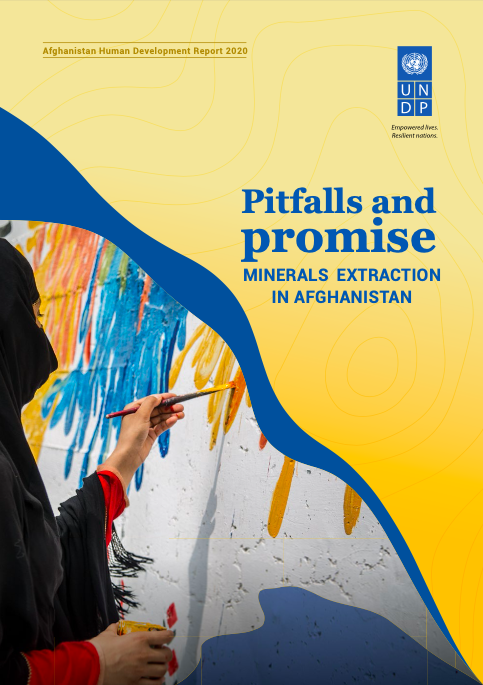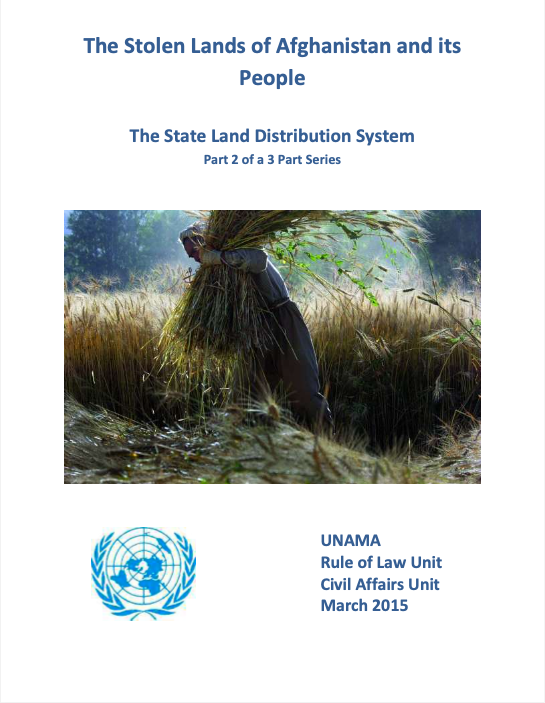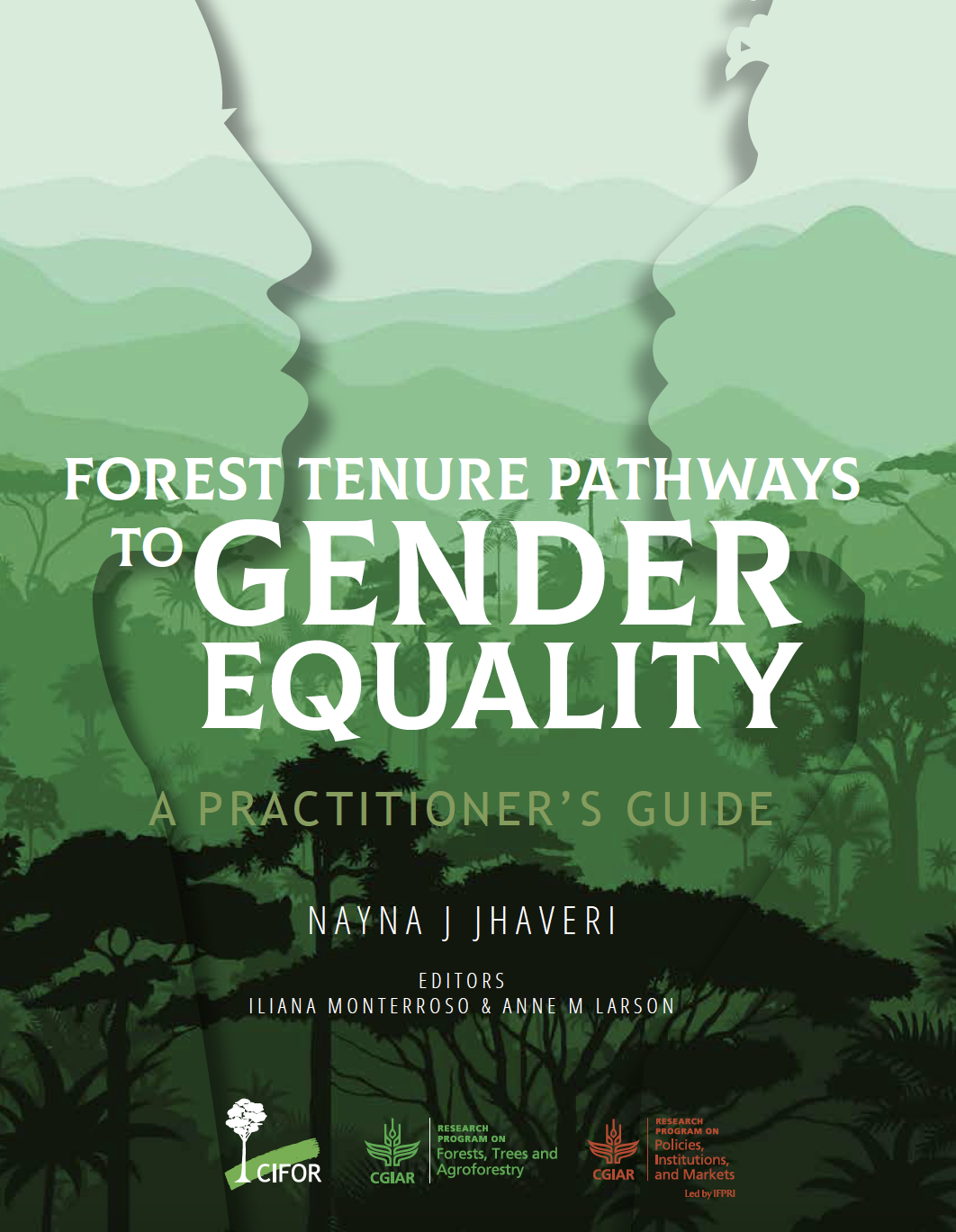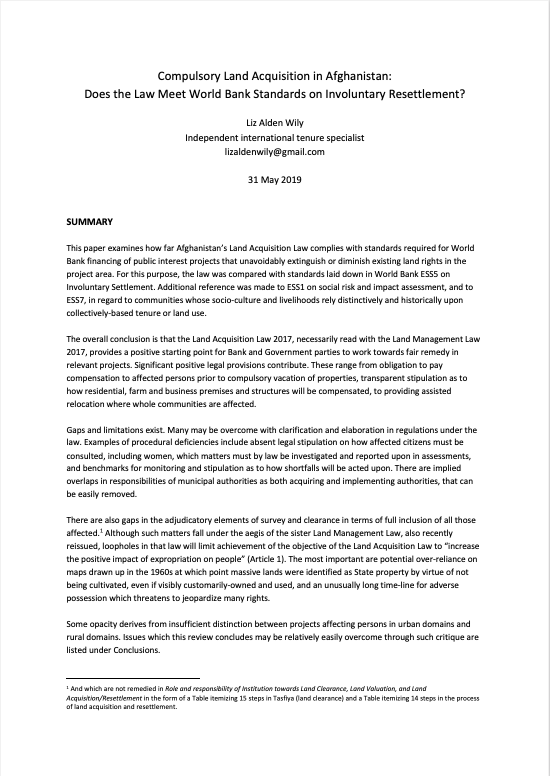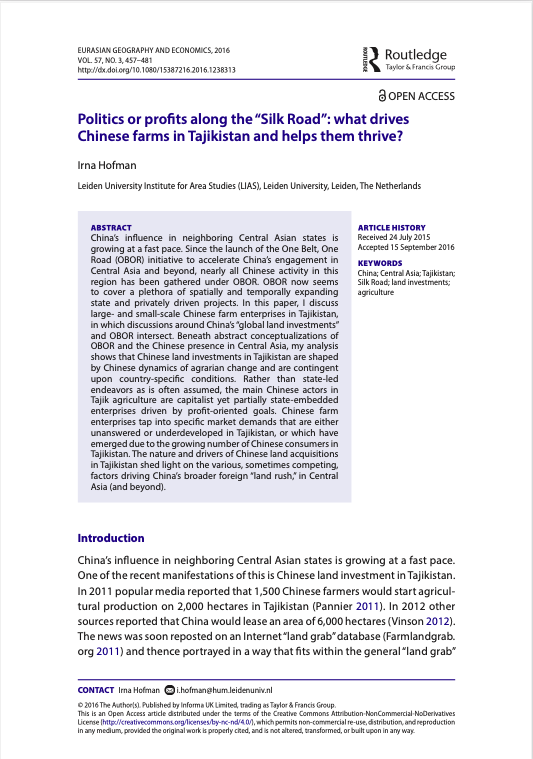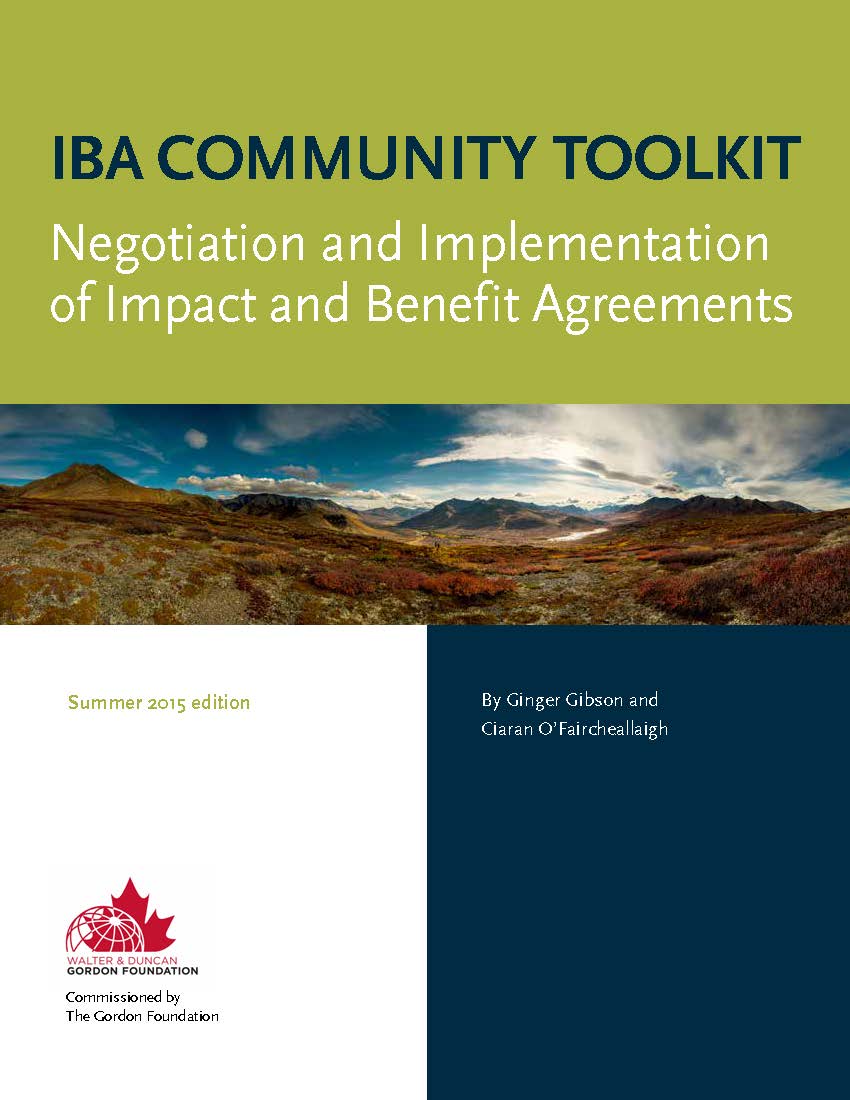How and why large scale agricultural land investments do not create long-term employment benefits: A critique of the ‘state’ of labour regulations in Ghana
Support for large scale agricultural investments in Africa has been mainly premised on their employment prospects for local populations. However, despite earlier calls by Tania Li to centre labour in the land grabs debate, labour is generally invisible in both mainstream policy and academic research. This paper, through a governance lens, draws attention to the implications of the global land rush on wage labour.


